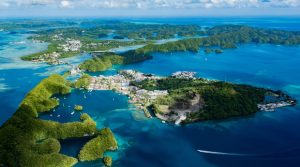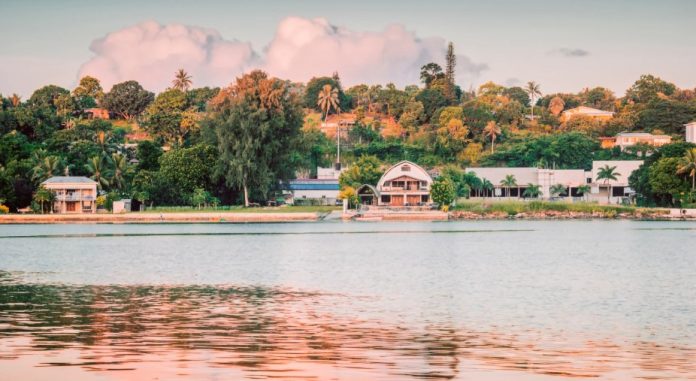Table of Contents
Permanent residence and citizenship of Vanuatu are two legally different statuses, each with its own characteristics.
Permanent residency allows you to live in the country on an unlimited basis but without obtaining a passport.
You have the right to enter and reside, but you do not become a full-fledged citizen: no voting rights, no visa-free access to other countries, no consular protection abroad on behalf of Vanuatu.
Citizenship, however, provides full legal status, including a national passport. It is not just access to Vanuatu but an opportunity to use it as an international legal platform: to travel the world, conduct business through the local jurisdiction, register property, and even use citizenship for estate planning purposes.
Considering Vanuatu’s neutrality on the international stage and its lack of involvement in major political blocs, such a passport is perceived as “calm” and safe.
Difference Between Choosing Vanuatu Permanent Residency and Citizenship
Advantages of Permanent Residency in Vanuatu

Permanent residency (PR) is suitable for investors who do not need a passport but find it important to have an alternative jurisdiction for residence or tax affiliation.
For example, if you are a citizen of a country with a high tax burden, you can use Vanuatu permanent residency as part of an international tax structure.
Residency does not require physical presence in Vanuatu it is enough to maintain the status and regularly update documents.
This is convenient for people conducting business in Asia, Australia, or New Zealand, as Vanuatu is strategically located nearby, in the southern part of the Pacific Ocean.
Citizenship of Vanuatu by Investment: What You Need to Know?
Vanuatu citizenship by investment is one of the few that works quickly and stably even under global geopolitical changes. The investor makes a non-refundable contribution to the National Development Fund of the country.
This fund finances local infrastructure, healthcare, and education, and does not participate in shadow schemes, which increases the reputational reliability of the program.
The minimum amount for the application is $130,000 for a single applicant. A spouse and two children can be included for an additional fee (total amount around $180,000). The process is entirely remote.
You submit documents, undergo a due diligence check, make the investment, and receive your passport within 6–8 weeks. Your personal information is protected, the procedure is confidential, and the government does not publish lists of new citizens.
Citizenship provides visa-free access to more than 90 countries, including the United Kingdom, Hong Kong, Singapore, Malaysia, and Schengen Area countries. It offers freedom of movement, the opportunity to open bank accounts, and create holding structures.
What is Simpler and More Beneficial — Permanent Residence or Citizenship?
From the perspective of requirements, both procedures are simple. But in terms of cost, opportunities, and further freedom of action, citizenship is the clear winner.
Permanent residence is cheaper, and if your goal is to have a “backup” address and resident status in a neutral country, this option will suit you.
However, citizenship offers much more: not only protection but also an active opportunity to use Vanuatu as a global tool for travel, tax planning, asset protection, and legal immigration.
Example: an investor from Europe, tired of bureaucracy and tax pressure, obtains Vanuatu citizenship and uses it to open international accounts, move capital, and travel visa-free to Asia, without losing their primary citizenship.
How to Submit an Application?

Obtaining Vanuatu citizenship is done remotely. First, you need to contact a licensed agent only they have the right to submit documents.
The agent conducts an initial check of the candidate: no criminal record, sanctions, or connections with Interpol.
Next, a package of documents is prepared: a foreign passport, a resume, a certificate of no criminal record, proof of income, and photographs.
All papers are translated into English, notarized, and checked for compliance. Discrepancies in dates, names, or numbers are unacceptable.
After compliance and approval from the authorities, an investment contribution is made to the National Development Fund, starting from $130,000.
The payment is made using official details. Then the applicant is issued a certificate and a passport, and the documents are delivered by courier.
Physical presence in the country is not required. No exams, language, or residency requirements. The entire process takes 6–10 weeks.


